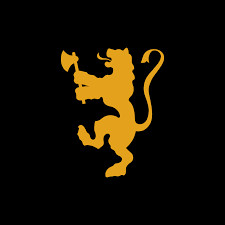Gallivant with Global
Our overarching course focuses on The Ethics of Study and Service Abroad, while also diving into Sustainable Development in Costa Rica, Political and Social Change in Southern Africa: Namibia, and Economic Reform and Development in Vietnam.
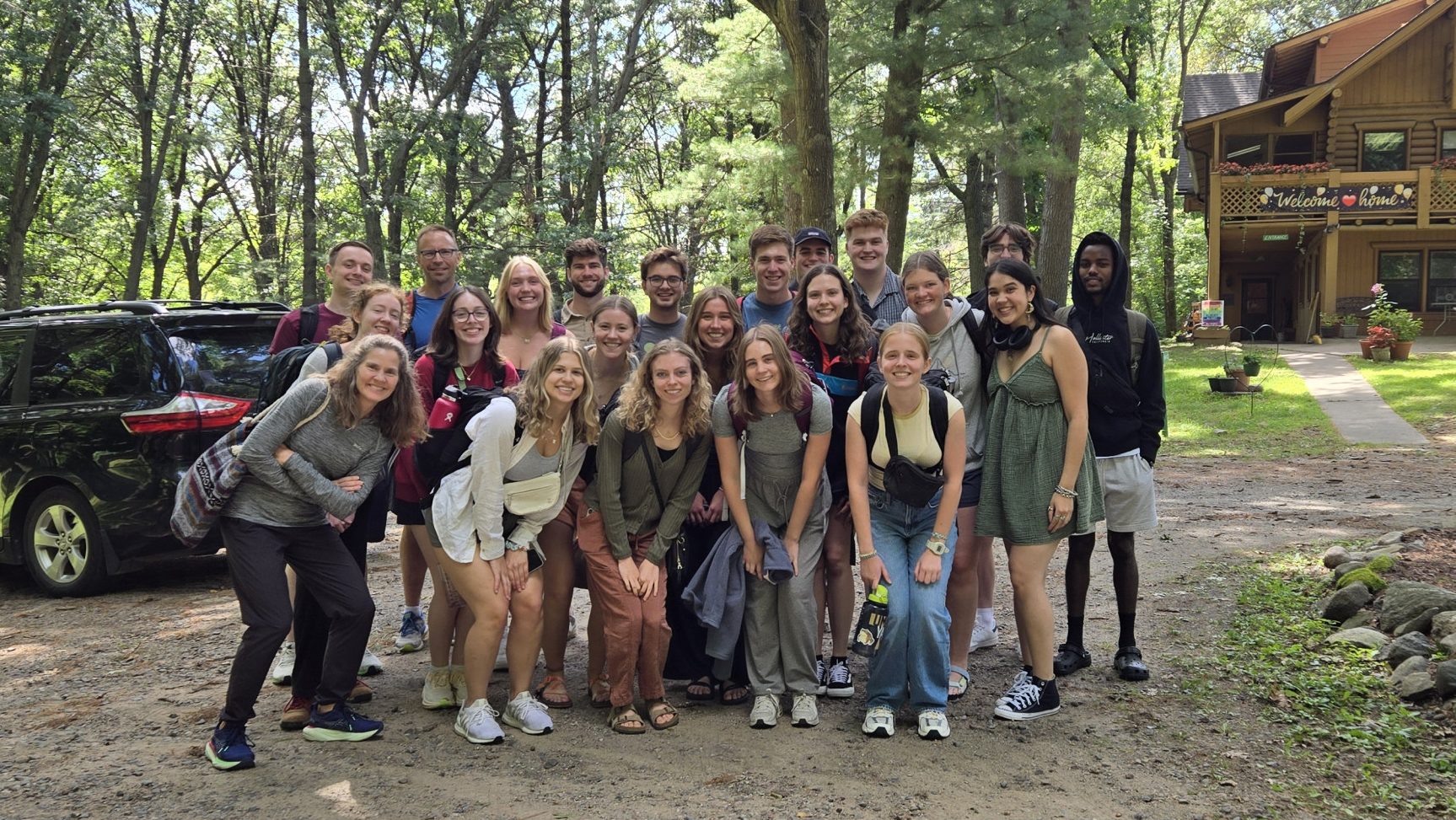
About Global
During Global Semester, 20 students take one course in each country, as well as an overarching course taught by St Olaf faculty.
The Ethics of Study and Service Abroad
In The Ethics of Study and Service Abroad we will explore the complexities and ethical dilemmas related to studying abroad, global experiential learning, and the desire to serve people abroad. Throughout our extended stays in each country, our study will be guided by questions like the following: When studying abroad, how can we learn from or with other people and places in the world in an ethical, non-exploitative way? How can service be an ethical part of study abroad? What ethical issues are present in teaching abroad contexts?
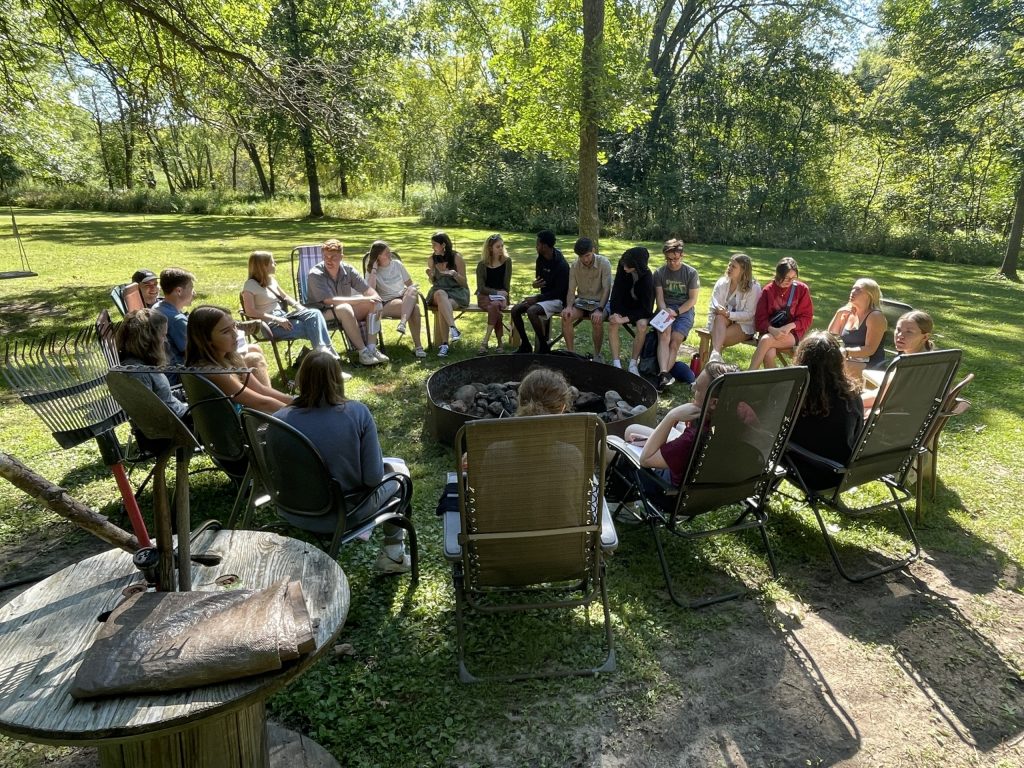
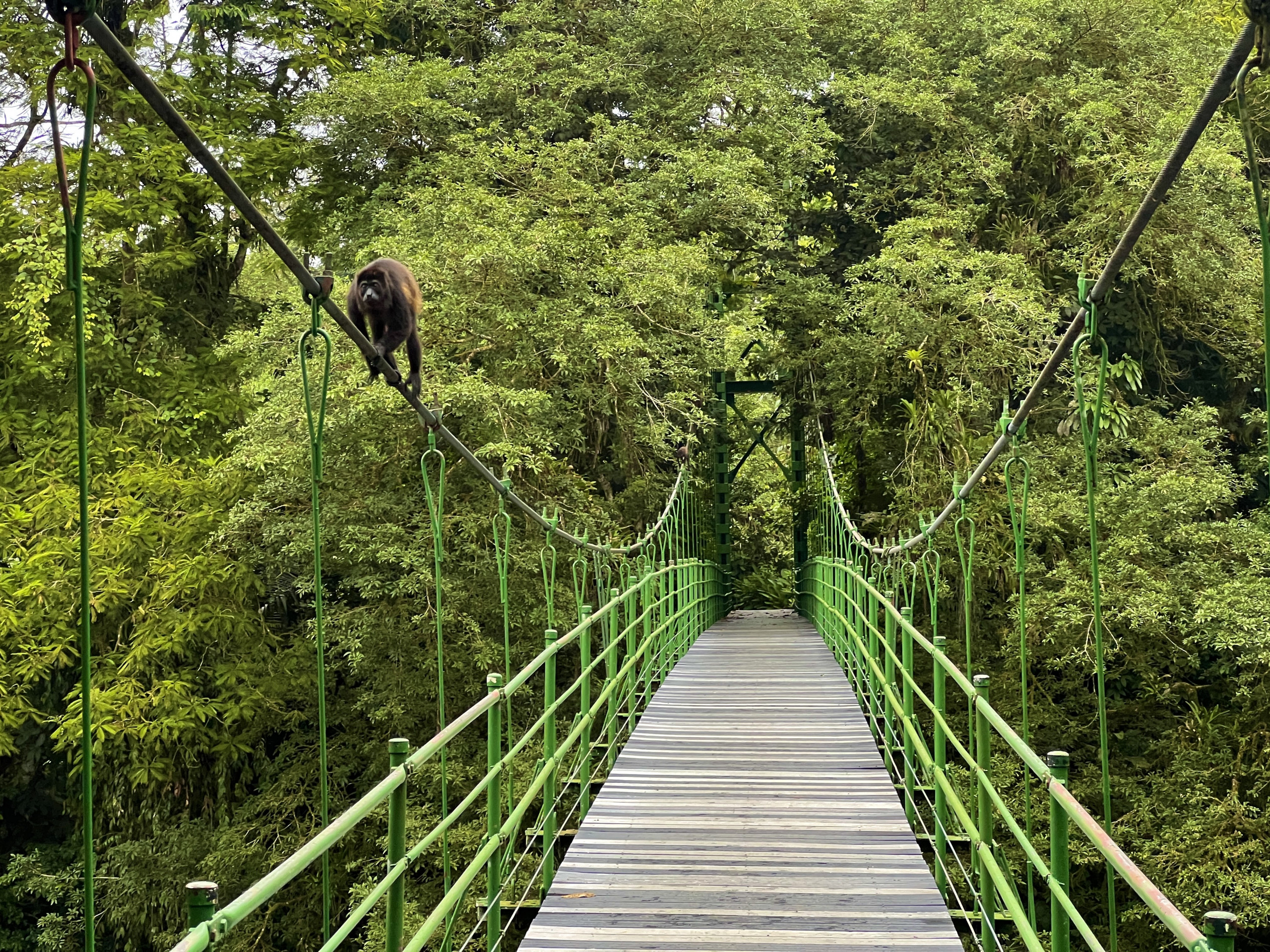
Environmental Sustainability in Costa Rica
This course will use the United Nations Sustainable Development Goals as a critical lens for examining sustainable development in tropical regions, using the case study of Costa Rica—a country renowned for its leadership in land protection, reforestation, high educational attainment, and progress toward gender and racial equality. Costa Rica has been a global leader in conserving its lands/water systems and is emerging as a leader in addressing how to ensure sustainable development and management systems. This program will immerse you in efforts to create a green, circular, and sustainable economy in Costa Rica.
Political and Social Change in Southern Africa: Namibia
This course examines the legacy of colonialism and apartheid in Southern Africa. The course will review the political history of Southern Africa with a particular focus on South Africa and Namibia as countries who have endured years of racial segregation under the apartheid system. It will highlight the social and political movements that have evolved in the struggle for independence.

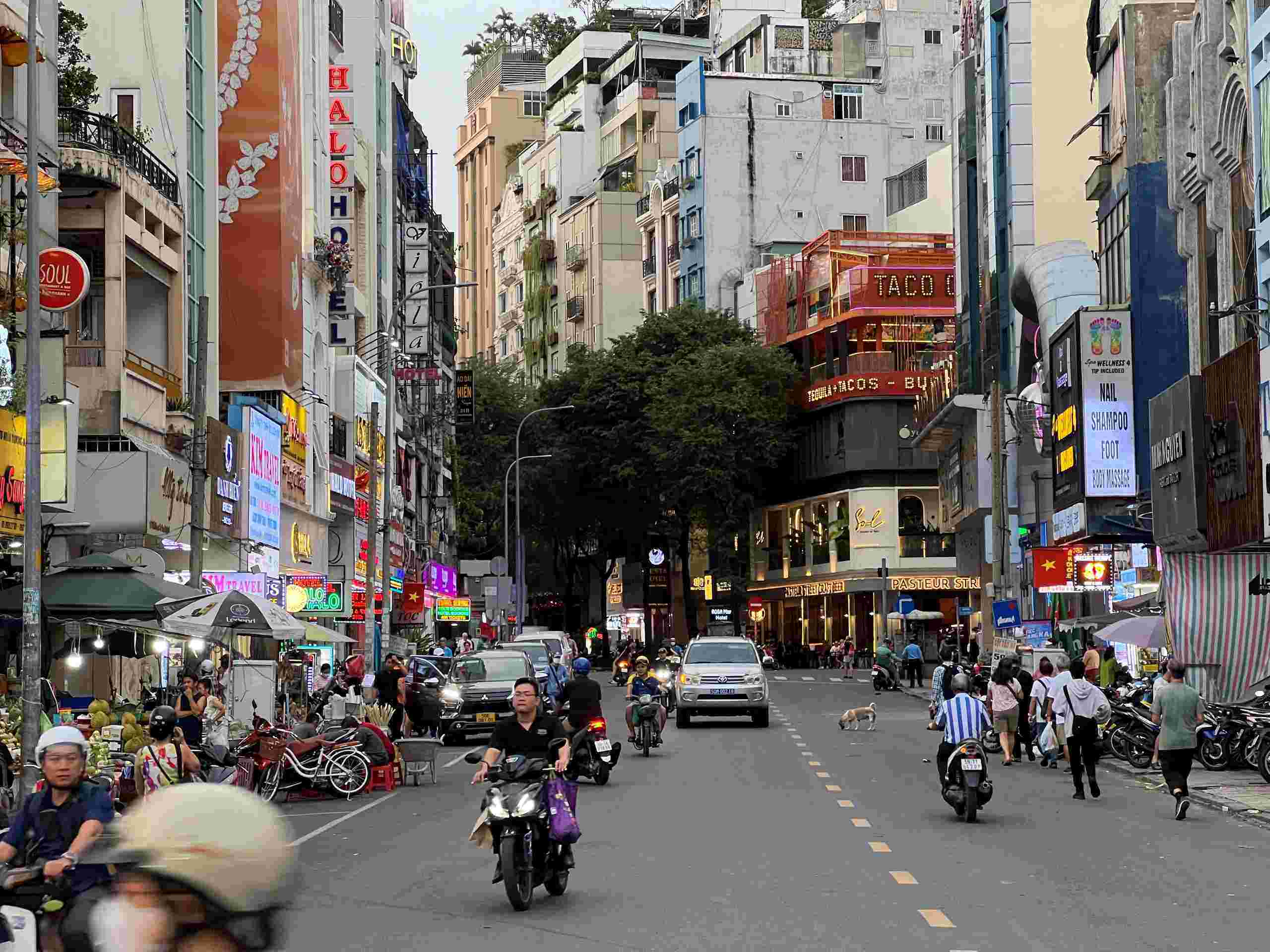
Economic Reform and Development in Vietnam
This course charts Vietnam’s transition from a centrally planned to a market-oriented economy and the associated socio-political changes as well as environmental costs. Students examine in detail the major turning point in Vietnam’s economic development the Doi Moi “Renovation” economic reforms launched in 1986 – and the rapid growth in trade and investment since that time. The course additionally examines development ethics and equity issues within the context of the country’s growing market economy and the urban consumer class.
